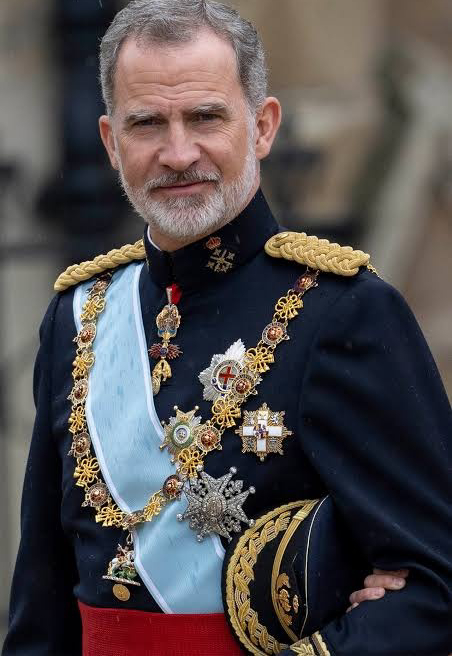Does Christendom consider the Ottoman dynasty as a legitimate successor of the Roman Empire? Christendom did not generally consider the Ottoman dynasty as a legitimate successor of the Roman Empire. The concept of succession to the Roman Empire, especially in the medieval and early modern periods, was heavily contested and politically charged.
Here are some key points to understand this perspective:
Religious and Cultural Divide:
The Ottoman Empire was a Muslim empire, while the Roman Empire (both the Western Roman Empire and the Eastern Roman, or Byzantine, Empire) was Christian. The fall of Constantinople in 1453 to the Ottomans was seen by many in Christendom as a profound loss and a moment of crisis, not a legitimate succession.
Political Claims:
Various European powers made their own claims to be the legitimate successors of the Roman Empire. The Holy Roman Empire, for example, considered itself the continuation of the Western Roman Empire, a claim that was recognized by the Papacy. After the fall of Constantinople, some Byzantine refugees and European scholars argued that the Grand Duchy of Moscow, later the Russian Empire, was the legitimate “Third Rome.”
Perception of the Ottomans:
The Ottomans were often seen as a threat to Christendom rather than a legitimate heir to the Roman legacy. The series of conflicts between the Ottomans and various European powers, including the Crusades, further entrenched this perception.
Propaganda and Literature:
European literature and propaganda of the time often depicted the Ottomans as the antithesis of Christian values and civilization. This portrayal was influenced by the ongoing military conflicts and the desire to mobilize support against Ottoman expansion.
Legal and Ideological Concepts:
The idea of translatio imperii (the transfer of rule) played a significant role in medieval and early modern European political thought. This concept was used by various European rulers to justify their own claims to Roman heritage. The Ottoman sultans did not fit into this framework from the perspective of European Christendom.
In summary, while the Ottoman Empire did incorporate many aspects of the Byzantine administrative and cultural legacy, it was not recognized by Christendom as a legitimate successor of the Roman Empire. The religious, cultural, and political differences were too significant for such a recognition to take place.








